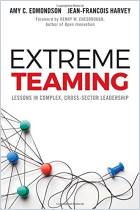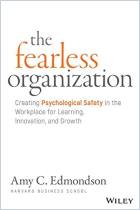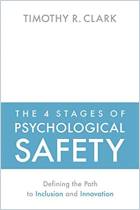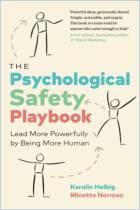Зарегистрируйтесь на getAbstract, чтобы получить доступ к этому краткому изложению.

Зарегистрируйтесь на getAbstract, чтобы получить доступ к этому краткому изложению.
Amy C. Edmondson
The Business of Learning
Building Psychological Safety in Learning Programs
The Business of Learning Podcast, 2021
Что внутри?
Psychologically safe workplaces foster creativity, collaboration and constructive candor.
Recommendation
In this episode of The Business of Learning podcast, hosted by Training Industry’s managing editor Taryn Oesch DeLong and senior editor Sarah Gallo, Harvard Business School professor Amy Edmondson describes psychologically safe work and learning environments, and how to foster them. She outlines the skills leaders and teachers must cultivate to empower people to be creative, learn from mistakes and collaborate with one another. Businesses that offer psychological safety innovate more effectively and avoid costly, preventable failures.
Summary
About the Podcast
Amy Edmonson is Novartis Professor of Leadership and Management at Harvard Business School. She is the author of The Fearless Organization and six other books, as well as numerous articles and case studies. Podcast host Taryn Oesch DeLong is managing editor of digital content at Training Industry, where Sarah Gallo is a senior editor.























Comment on this summary